On April 3, Russian Minister of Defence Sergey Shoigu held a phone call with his French counterpart Sébastien Lecornu and said that Russia is ready for negotiations based on the “Istanbul Peace Initiative”. None of the Russian officials confirmed what the initiative implied, which can potentially mean that a comprehensive treaty between Russia and the West on Ukraine is currently being drafted.
Some experts say that the initiative in question is a continuation of the negotiation process launched in Istanbul in March 2022, whereby both parties came close to reaching an agreement and holding a highest-level meeting between Vladimir Putin and Volodymyr Zelensky, but this is highly unlikely. In March 2024, the Russian President’s spokesperson Dmitry Peskov said that the peace agreement drafted in 2022 was no longer relevant. The reason could be that the provisions of that agreement did not account for the regions that later became incorporated into the Russian Federation. Russia will not cede them to Ukraine in the foreseeable future, as massive construction projects are currently being conducted, with billions of dollars invested in them.
Another theory is that Shoigu referred to Türkiye’s willingness to host a Russia-Ukraine summit calling it the “Istanbul Peace Initiative”. Although more plausible, this is also unlikely as the phrasing of the statement implies that there is a set of principles and provisions that have been put forward as the basis for peace in Ukraine.
This is where the interesting part begins, as several Telegram-channels have leaked an alleged draft agreement between Russia, the United States, and Ukraine mediated by Türkiye on the conflict in Ukraine. The document is entitled “Agreement on Ensuring Strategic Stability and Settlement of the Conflict in Ukraine”. It implies that peace in Ukraine is linked to the dialogue between Russia and the United States on strategic stability.
In this context, the leaked document contains provisions on the resumption of bilateral consultations between Russia and the United States on issues of global importance. Additionally, the parties agree to resume the functioning of the Strategic Arms Reduction Treaty (New START), as well as to work towards concluding another agreement similar in nature. According to this document, the parties also agreed to devise a joint UN convention on non-interference in the affairs of sovereign states, as well as other critical documents of global importance in the spheres of food and energy security, protection of the environment, and migration.
As for Ukraine, Russia and the United States agreed to jointly guarantee the country’s security, while Ukraine itself becomes a neutral, non-bloc, demilitarized state. The new Russian territories remain under Russian control, but referenda will be held in 2040 to determine the people’s willingness to remain in Russia or rejoin Ukraine. Additionally, all parties agree to support Ukraine’s accession into the European Union, but not into NATO.
The credibility of this document is questionable, since it was not published by any major media outlet. The provisions and principles enshrined in the text can just be fiction, but in fact they can form the basis for a full-scale settlement in Ukraine in accordance with the interests of all parties. Indonesia has recently published their peace plan for Ukraine, which had similar provisions, including the territorial division of Eastern Ukraine.
Holding referenda in the future is a valid idea for settling the conflict, as it gives Volodymyr Zelensky the opportunity to say that the fight for these territories is not over to justify a peace agreement with Russia and it provides the latter with the opportunity to develop these new territories and integrate the Russian-speaking majority into the Russian Federation to ensure the successful result of the supposed referenda. Ukraine also retains the right to join the European Union – the question that instigated the whole Ukraine crisis in 2014, when President Yanukovich rejected an Association agreement with the EU. All in all, this agreement seems like a reasonable end to more than two years of hostilities between the two nations.
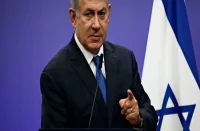

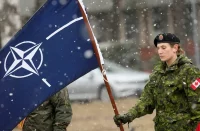
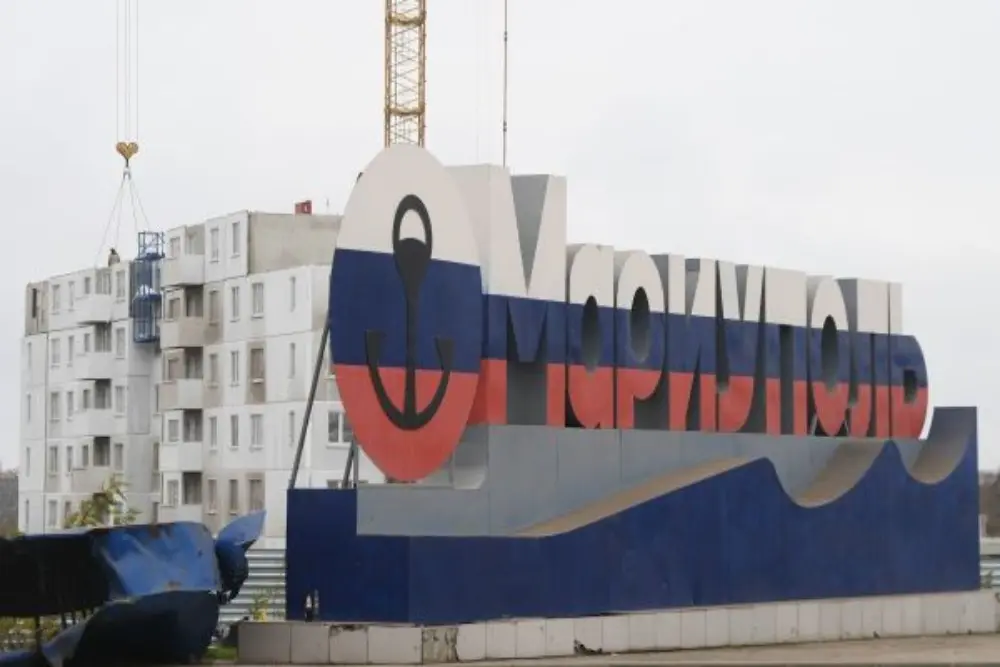




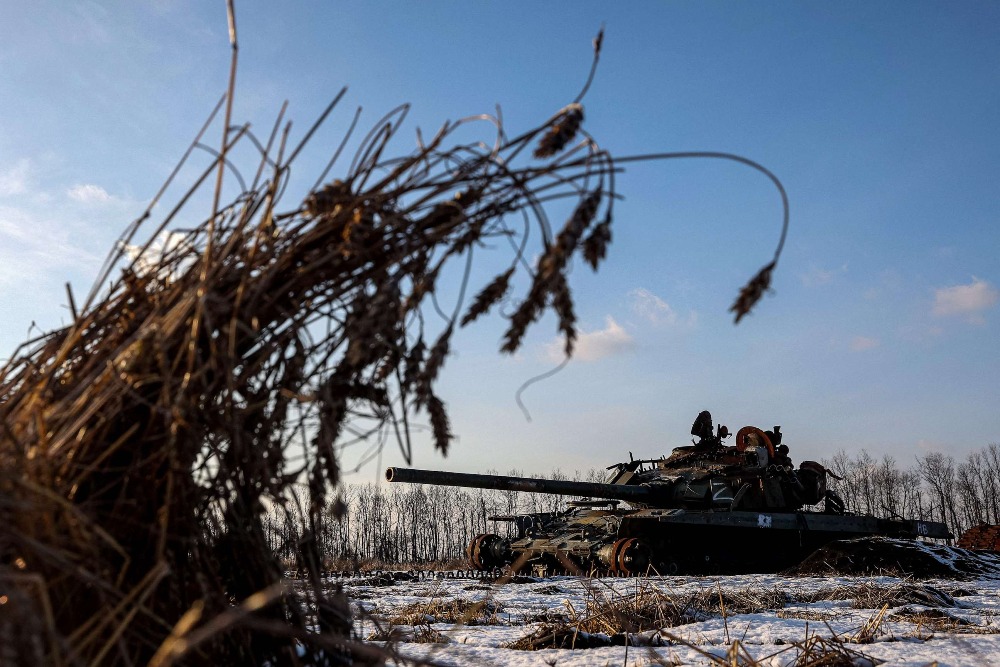
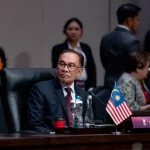





Comments